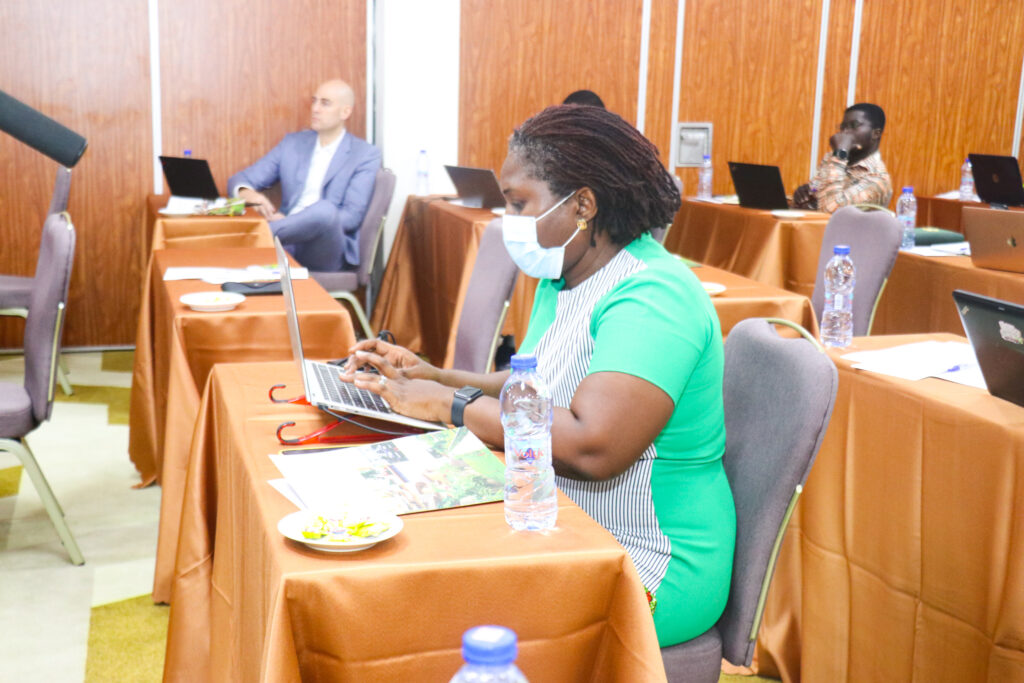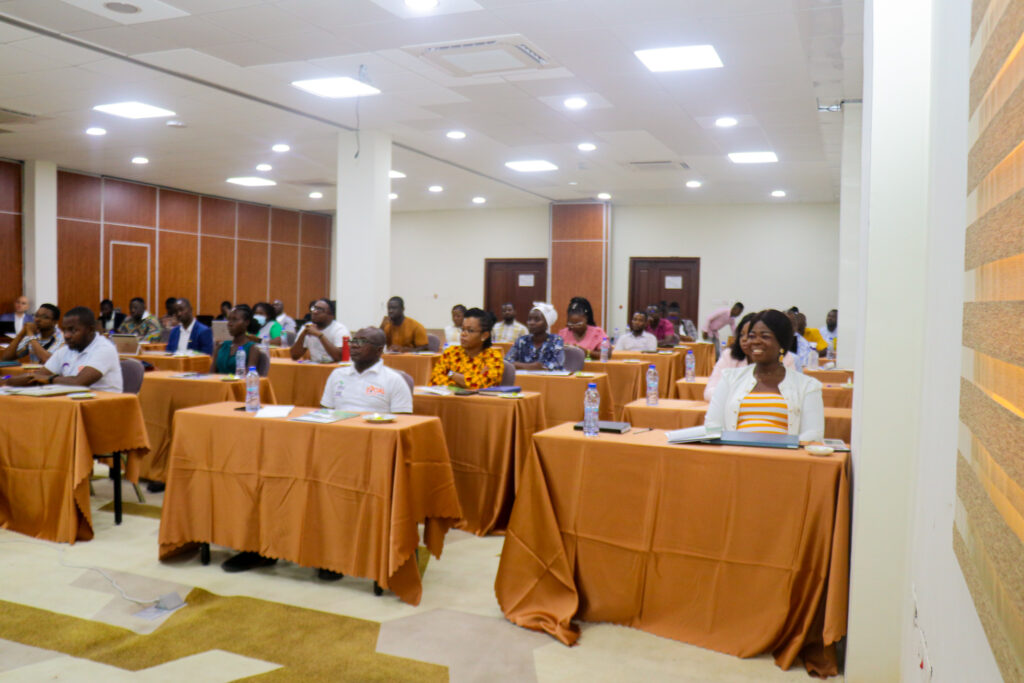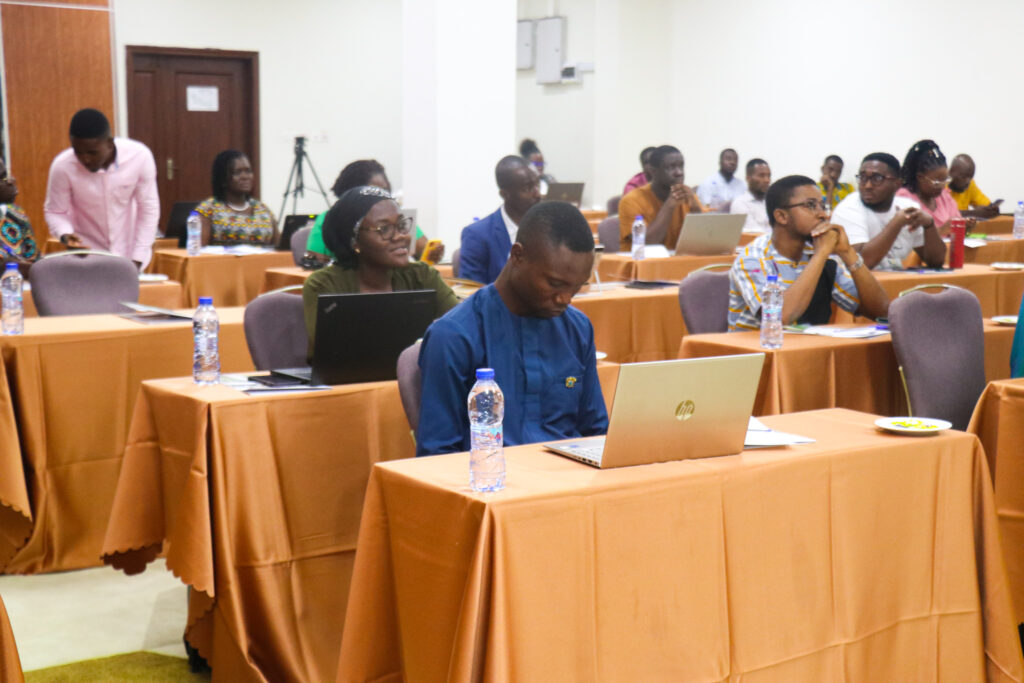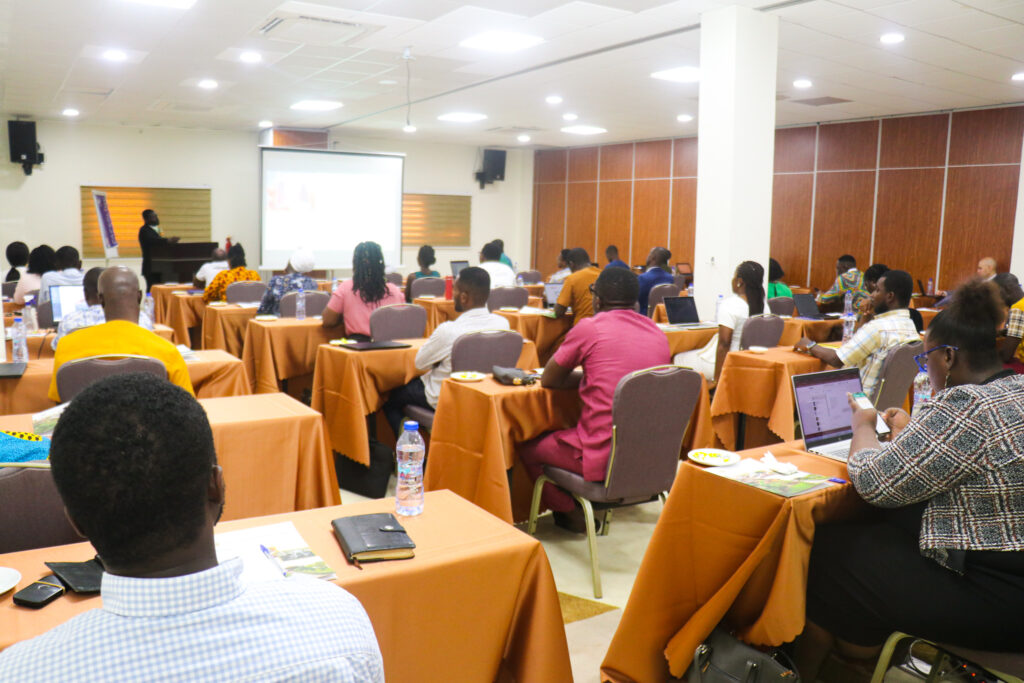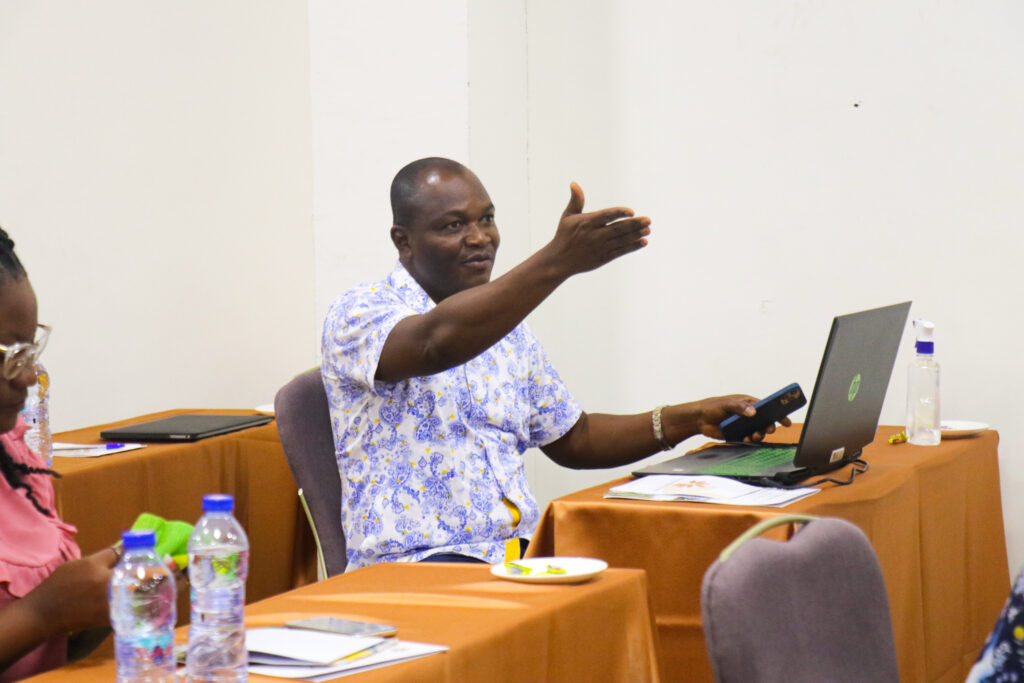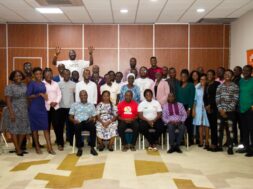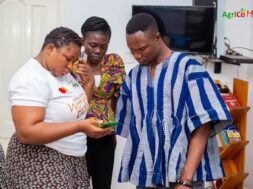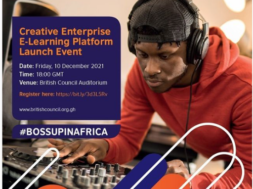EU-funded GrEEn Project and Social Enterprise Ghana partner to train hubs in green economy

SNV Netherlands Development Organisation has partnered with Social Enterprise Ghana, a network of high-impact social enterprises and hubs to train 32 hub leads and enterprise support organizations across Ghana.
This is to enable them to support start-ups and Micro, Small, and Medium-sized Enterprises (MSMEs) in the green and circular economy.
The two-day training of trainers workshop, which took place at the Volta Serene Hotel in Ho in the Volta Region was facilitated by Dr. Boniface Yeboah Antwi of The Council for Scientific and Industrial Research (CSIR-Accra).
The training covered various topics including green business models, green product development, green product marketing, and green financing which is intended to enable the hubs and enterprise support organizations to understand the green and circular economy and how they can support the businesses in their portfolios to improve their environmental impact.
Edwin Zu-Cudjoe, Executive Director of Social Enterprise Ghana says the training is important as it promotes and strengthens the skills of hubs and enterprise support institutions and positions them to support businesses to promote environmentally friendly operations and transition into the green sector.
Mr Zu-Cudjoe also reiterated the need for there to be a concerted effort by all stakeholders to mitigate and address issues of climate change.

Genevieve Parker-Twum, Senior Incubation and Acceleration Advisor at SNV Ghana added that by working together with social enterprise hubs across the country, SNV Ghana is dedicated to promoting the development of businesses that minimize the environmental impact of their activities whilst providing green jobs for the youth and women in their communities.
“SNV Ghana has been working with the Ministry of Employment and Labour Relations to finalize and implement the National Green Jobs Strategy.
“This training forms part of the GrEEn Project, which aims at creating sustainable jobs for youth looking for employment as well as providing support to businesses so they can grow.
“By training business hubs and organizations that provide support to SMEs and start-ups, SNV is joining efforts to transform Ghana from a linear to a circular economy by highlighting the numerous opportunities the green sector brings.”
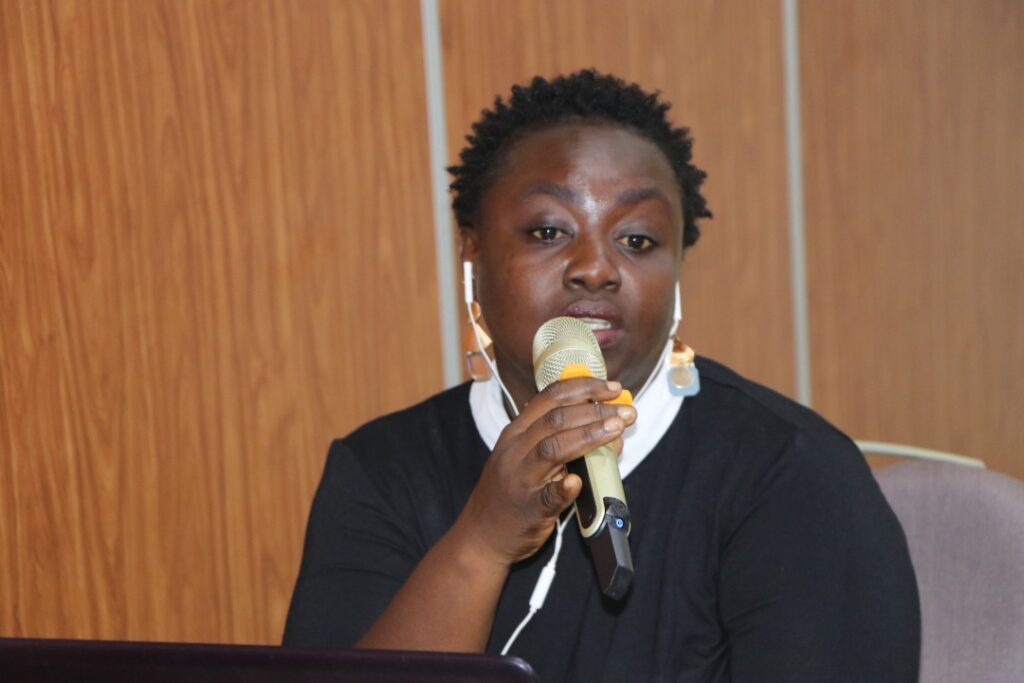
“The training has been beneficial to my MHub as we will inculcate green practices at our hub. A timely initiative to enable us to create more green and circular activities to meet the UN SDG 13 on climate action and to train the women and youth in communities” Catherine Boafo, CEO of Mawutwueni Ghana Ltd is quoted as saying.
Social Enterprise Ghana is the national network of high-impact social enterprises and hubs in Ghana. Social Enterprise Ghana has a current membership of 840 social enterprises operating in diverse sectors of climate-smart agribusiness, green and circular economy, WASH, health services, inclusive financial services, TVET and education.
SE Ghana advocates for business-friendly policies for social enterprises and supports members with training, research, access to skills, market access, technology, and access to finance. Social Enterprise Ghana has a goal of increasing funding to social enterprises by catalysing $1billion dollars for social enterprises in Ghana by 2030.
SNV is an international not-for-profit development organization that makes a lasting difference in the lives of people living in poverty by helping them raise incomes and access basic services.
SNV has been present in Ghana since 1992 and focuses on three sectors: agriculture, energy and Water, Sanitation, and Hygiene (WASH).
Since 2019, SNV has been implementing the Boosting Green Employment and Enterprise Opportunities in Ghana (GrEEn) project, a four-year action from the European Union, the Embassy of the Kingdom of the Netherlands in Ghana, SNV Netherlands Development Organisation, and the United Nations Capital Development Fund (UNCDF).
The project aims at creating greater economic and employment opportunities for youth, women, and returning migrants by promoting and supporting sustainable, green businesses in two selected regions in Ghana: Ashanti and Western.
